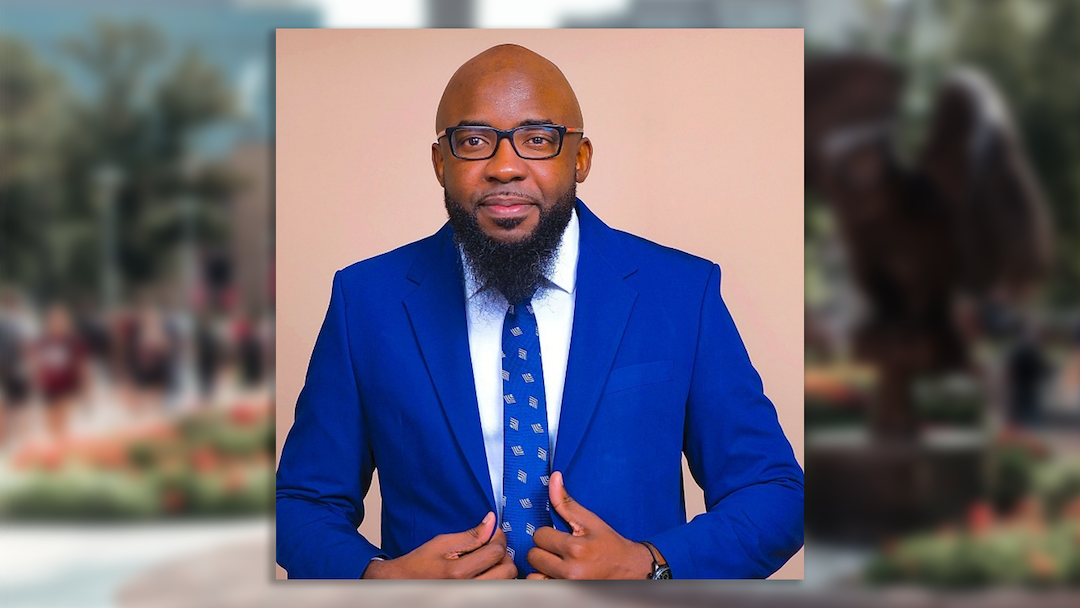Andre Toussaint is a doctoral student in the Cognition and Neuroscience Program working in the Memory, Epigenetics, and Addiction Laboratory. Under the guidance of Dr. Mathieu Wimmer, this lab explores neural and molecular underpinnings of addiction-related behaviors and memory formation. Andre studies the long-term consequences of addiction on behavior and physiology across multiple generations. He uses a rodent model to investigate whether paternal morphine exposure could alter addiction vulnerability and opioid pain relief in offspring. Prior to arriving at Temple, Andre started his research training in Addiction Neuroscience while earning a Bachelor's and Master's degree in Psychology and Biopsychology, respectively, at Hunter College in New York.
Andre’s research at Temple has been supported by the Center for Substance Abuse Research at Temple, which is funded by a National Institute on Drug Abuse Ruth L. Kirschstein NSRA T32 training grant. He also received a National Institute of Health (NIH) Diversity Supplement fellowship as well as the First Summers Research Initiative Award and several competitive travel awards. He was recently awarded a prestigious Simons Foundation Junior Fellowship in the Simons Society of Fellows, which is a community of scholars created to encourage intellectual interactions across disciplines and across research centers in New York City. The Fellowship will support Andre during the first 3 years of his postdoctoral fellowship with Dr. IshmailAbdus-Saboor at Columbia University’s Zuckerman Mind Brain Behavior Institute (ZMBBI), starting in July 2022. During his postdoc, Andre’s research focus will be driven by a central question: How does genetic predisposition to chronic pain influence opioid abuse vulnerability? He will combine his doctoral training in assessing addiction vulnerability to determine if there is a genetic link between pathological pain sensitivity and subsequent abuse potential of opiate pain relievers.
Andre’s current and future research impacts the community at-large because it studies how paternal opioid exposure can have harmful consequences for offspring. This research is extremely important to public health because the United States has been in the midst of an opioid epidemic since the early 2000s. Many individuals and families have suffered from the long-term impact of opioid addiction. Our research findings thus far add to the evidence that certain environmental events experienced by fathers, including opioid exposure, can result in deleterious consequences in behavior and neurobiology in offspring.
Andre credits his family for inspiring him to become a behavioral neuroscientist. His mother, a now-retired Psychiatric Social Worker, would share stories of her patients and connected their complex behaviors to their various psychiatric disorders, including addiction. His eldest brother, a PhD-level Chemical Engineer, nurtured his excitement by teaching him to conduct his first science experiment in the fifth grade: splitting water into hydrogen and oxygen. Andre also thanks the Psychology and Neuroscience Department faculty and staff for their mentorship support during his graduate career.

